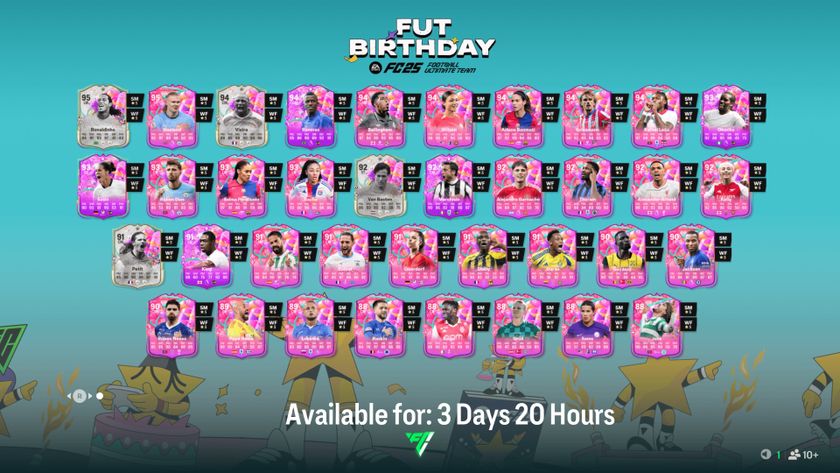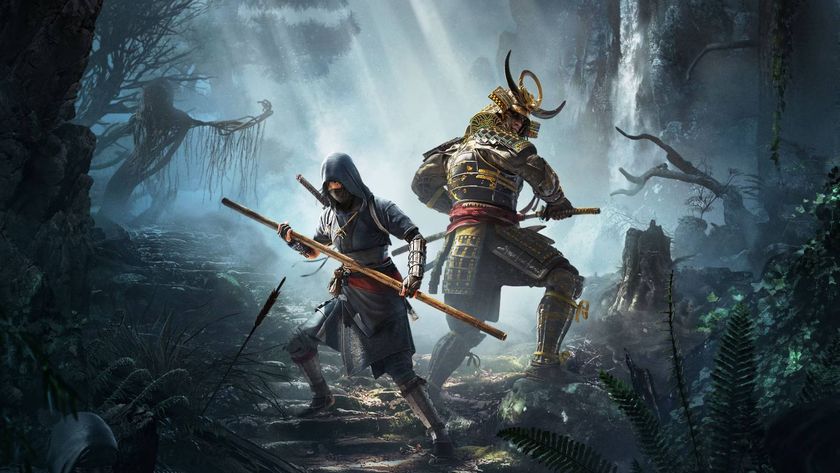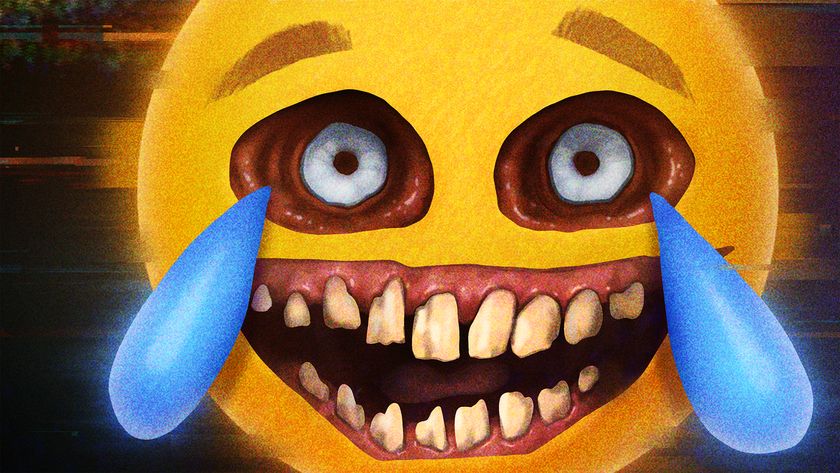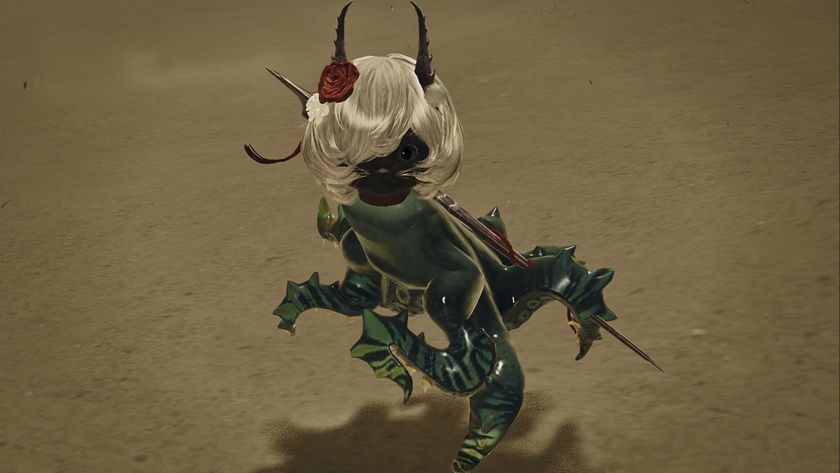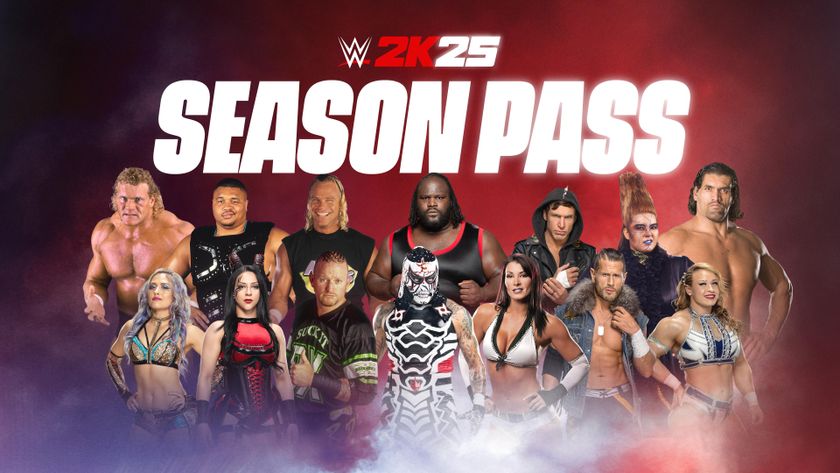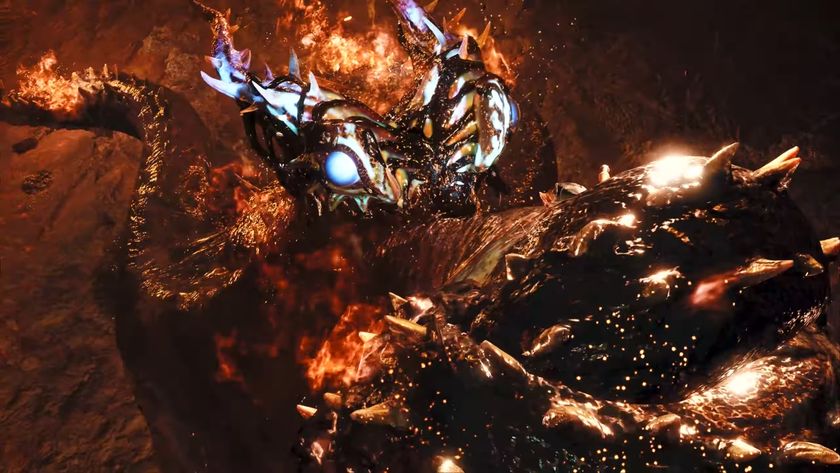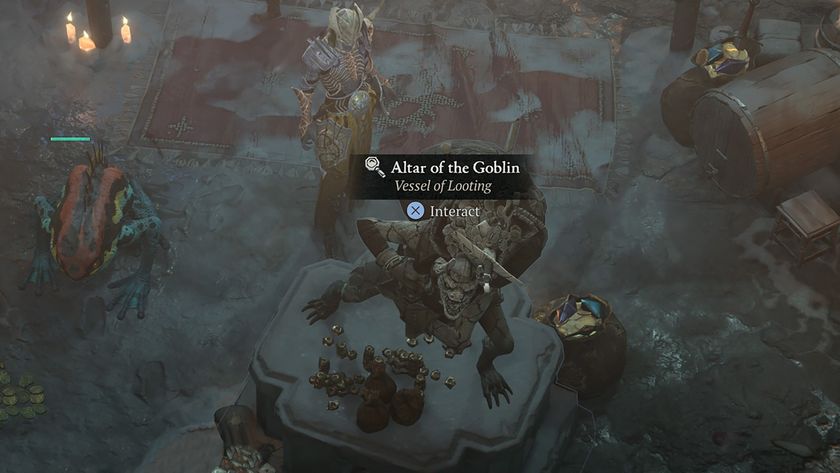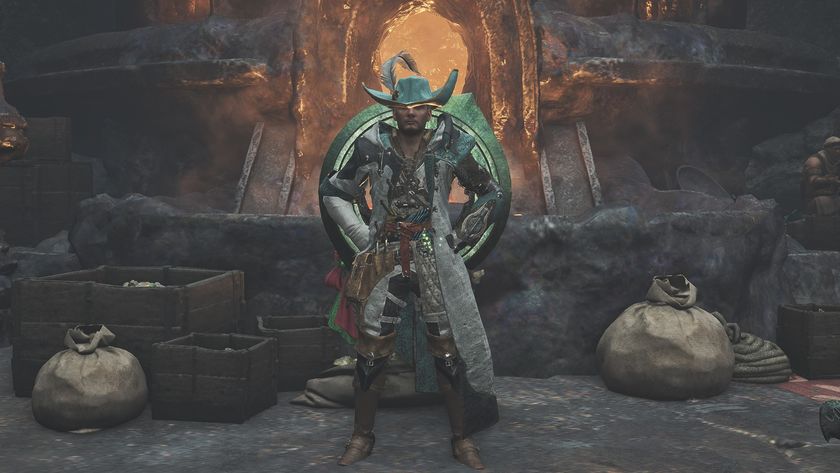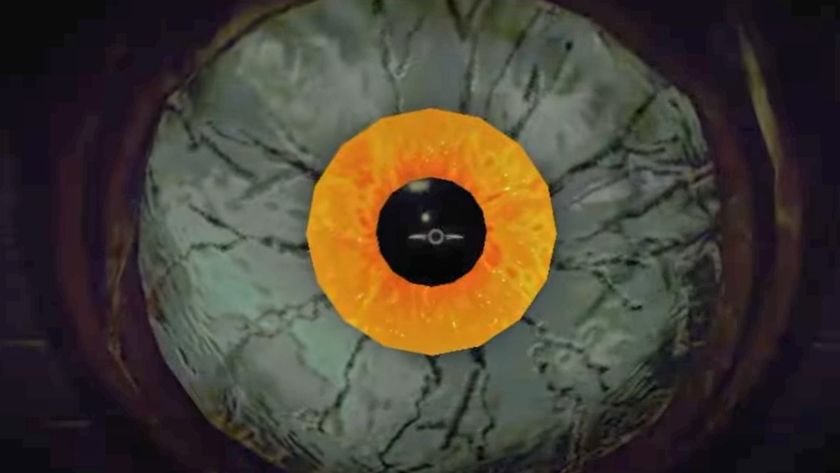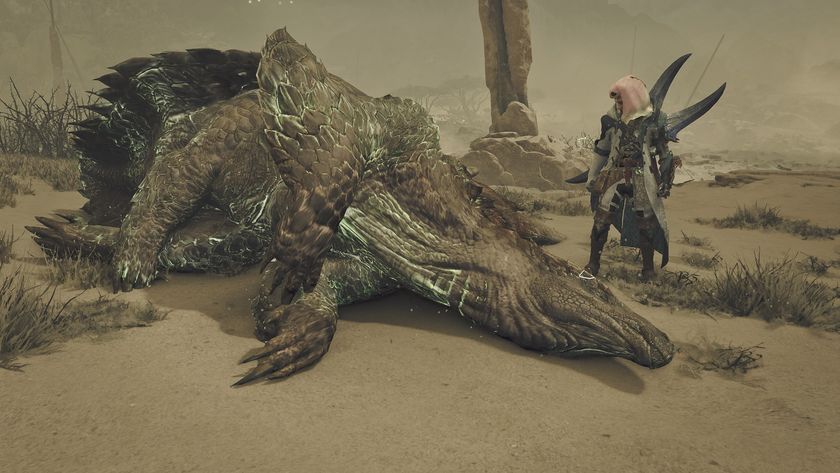Fallout 76 microtransactions and Fallout 1st explained
Are Fallout 76 microtransactions pay to win? Will a repair kit, scavenger collectron or cooler really give you an advantage?
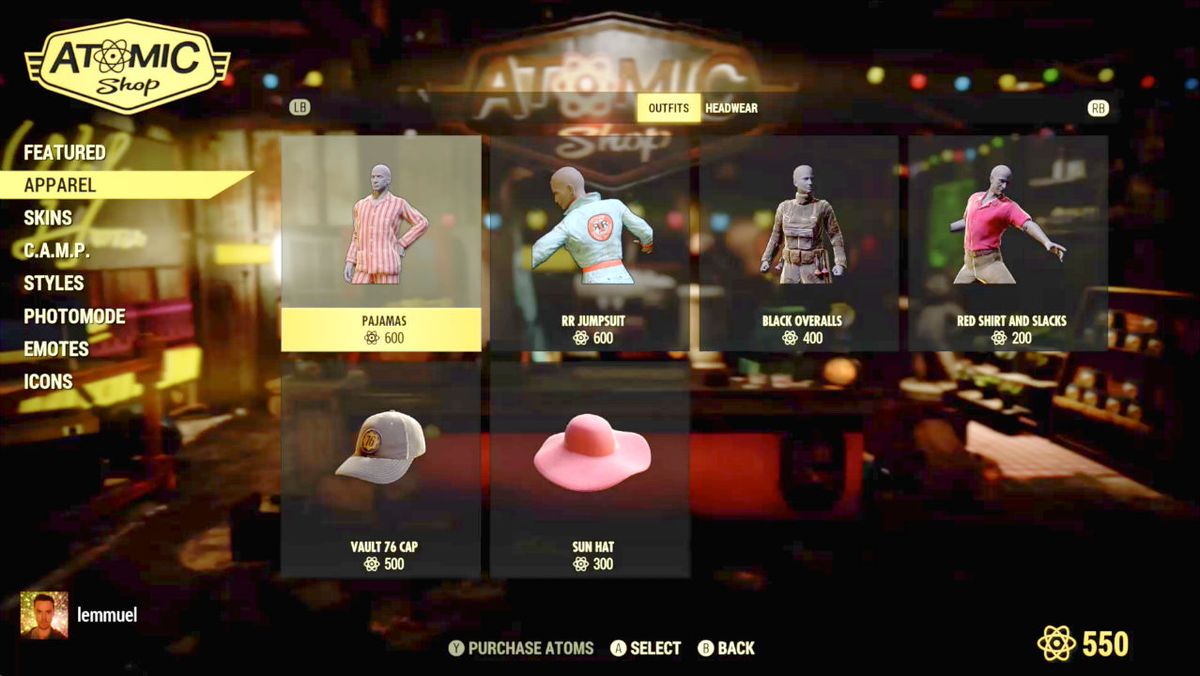
Fallout 76 microtransactions have been controversial to say the least, especially since items seen as pay to win where introduced. The premium Fallout 1st subscription has also not been received well. But what's actually going on with the monetized side of Bethesda's online game.
The biggest problem with Fallout 76 microtransactions was the introduction of things like repair kits, scavenger collectrons and coolers which some think are 'pay to win'. Prior to that all you could buy were skins and decorations. Fallout 1st on the other hand seems to put some basic, often requested, game improvements behind a subscription. For obvious reasons neither have been popular.
Let's take a look at it all and explain how both Fallout 76 microtransactions and the Fallout 1st subscription works.
What are Atoms in Fallout 76?
The Fallout 76 microtransaction currency is called Atoms, a form of in-game money you can buy with real world cash, or earn in-game by completing various challenges.
How do you earn Atoms in Fallout 76?
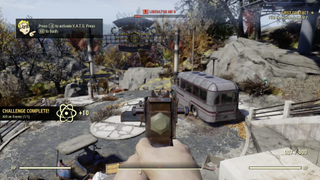
Atoms are earned in Fallout 76 by completing numerous small challenges. You get then for killing enemies, crafting, exploring and loads more. Here’s an example of the sort of things you can do to earn Atom in Fallout 76:
Examples of Fallout 76 challenges
- Kill an enemy +10 Atoms
- Harvest wild plants and Fungi +10 Atoms
- Kill Scorched +10 Atoms
- Kill a creature +10 Atoms
- Discover the Overseers Camp +10 Atoms
- Collect a Bobblehead, Holotape, or Magazine +10 Atoms
- Craft or scrap a ranged weapon +10 Atoms
- Craft a piece of armour +10 Atoms
- Explore Appalachia for an hour +10 Atoms
- Boil Water +10 Atoms
- Equip a Perk Card +10 Atoms
- Cook a meal +10 Atoms
- Deploy a CAMP to settle Appalachia +10 Atoms
- Build a furnishing or workshop in CAMP +10 Atoms
It's worth noting, though, in an update some challenge rewards were changed from Atoms to things like Stimpacks or perk cards. It's meant to ease new players into the game but it's been contentious as it's seen as taking away the options to earn in-game money, and pushing people more towards buying it.
Can you buy Atoms in Fallout 76, and how much do they cost?
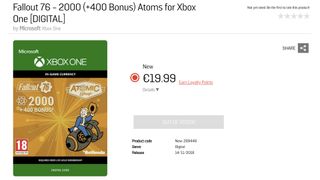
While you can earn Atoms in-game you can totally buy Fallout 76 Atoms with real money if you’re impatient. They come in a range of bundles, with extra bonus Atoms the more you spend.
- 500 Atoms £3.99/$4.99/€4.99
- 1000 + 100 bonus Atoms £7.99/$9.99/€9.99
- 2000 + 400 Bonus Atoms £15.99/$19.99/€19.99
- 4000 + 1000 bonus Atoms £32.99/$39.99/€39.99
What can you buy in the Atomic Shop in Fallout 76?
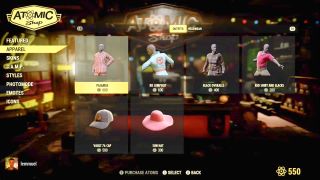
The Atomic Shop where you can blow your hard earned ATOMs on a range of things. It's mainly cosmetic stuff, so things that change the appearance of your character, your CAMP and the items in it, and things to use in photo mode. These are the categories of what you can buy:
- Apparel - clothes, outfits and hats for your character to wear.
- Skins - skins to change your weapons, Pip- Boy and other gear.
- C.A.M.P. - decorative items for your camp including things like plants and floor tiles, as well as decorative skins such as 'clean' versions of wasteland machines, or a Nuka-Cola skin for your stash box.
- Styles - decorative things like tattoos and other appearance changing options for you character.
- Photomode - poses, frames and other things to change the pictures you take.
- Emotes - different emotes you can use to communicate with other players.
- Icons - Fallout themed icons.
For the most part these items are simply cosmetic outfits and decorations. However, since launch a new section 'utility' has been added. This included scrap kits to help with crafting but, most contentiously, also feature repair kits. These instantly repair an item which some think can be an unfair advantage in a combat situation against a player without the ability to restore weapons away from a bench.
Scavenger collectron or coolers are also seen as potentially adding an advantage if you pay. The scavenger collectron is a robot that will autonomously gather scrap or junk for you, while the cooler will reduce food spoilage by 50%. These are obviously not quite as clear a pay to win advantage as the repair kits but has annoyed some players.
What is the Fallout 1st premium subscription service
Fallout 1st is a subscription service that will set you back $100 a year, or $13 (£99/£11.99). For that money you get a range of extra features. Some are basic like 1,650 Atoms free every month and the ability to host private worlds for you and your friends, as well as exclusive emotes and a Ranger Armor costume you'll probably recognize from Fallout: New Vegas.
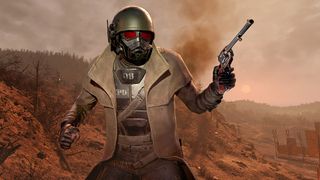
However, some features have upset people. Like a Survival Tent which acts as a second base you can place anywhere. That includes a stash, sleeping bag and cooking station. It means you can have two functional CAMPs and fast travel points. It also includes another contentious item, the Scrapbox. This stores all your crafting resources and, critically, has unlimited storage, which is slightly annoying for everyone else struggling with a full up stash.
Fallout 76 power armor | Fallout 76 patch notes | Fallout 76 vending machines | Fallout 76 mutations | Fallout 76 mothman | Fallout 76 tips | Fallout 76 CAMP tips | Can you play Fallout 76 single player | Fallout 76 perk cards | How to build the best Fallout 76 CAMP | Fallout 76 map | How to get Two Shot Explosive guns in Fallout 76
Sign up to the 12DOVE Newsletter
Weekly digests, tales from the communities you love, and more

I'm GamesRadar's Managing Editor for guides, which means I run GamesRadar's guides and tips content. I also write reviews, previews and features, largely about horror, action adventure, FPS and open world games. I previously worked on Kotaku, and the Official PlayStation Magazine and website.
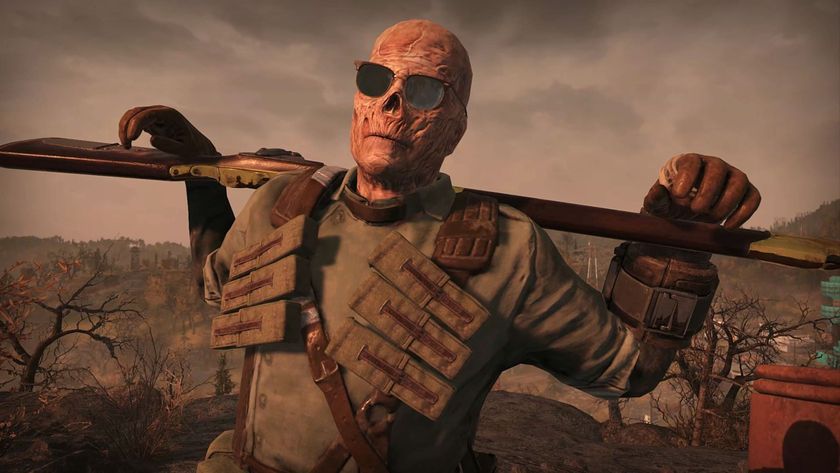
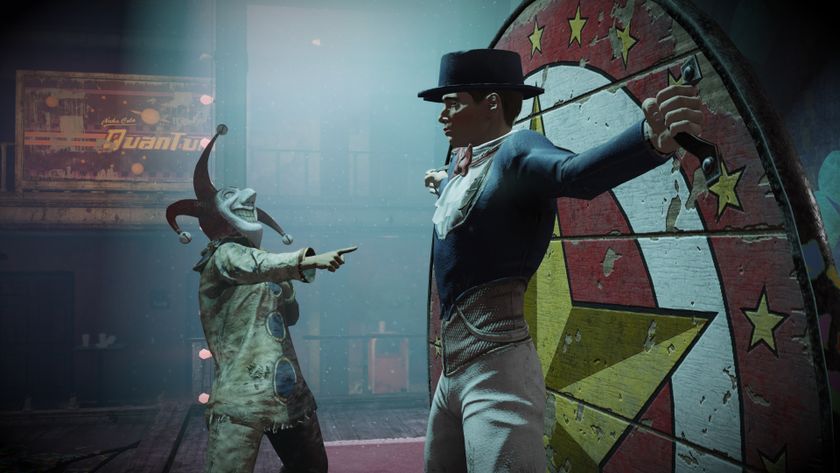
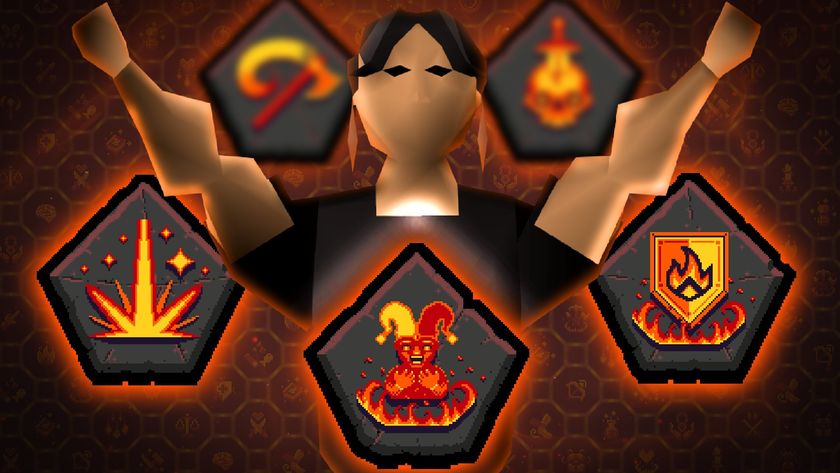
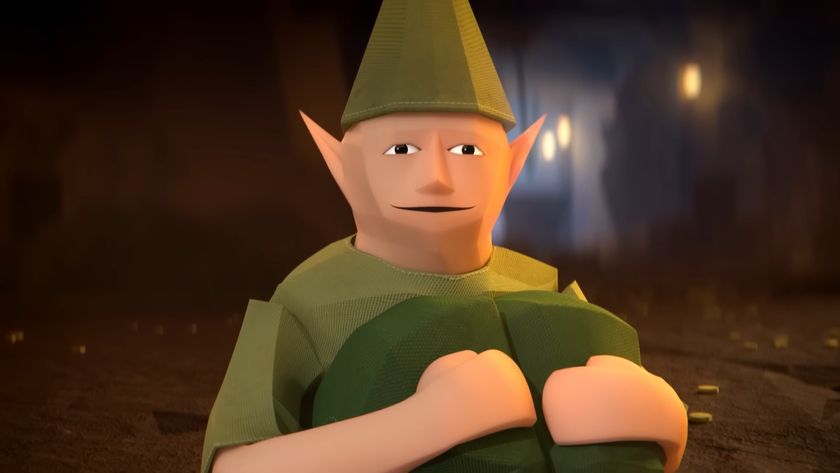
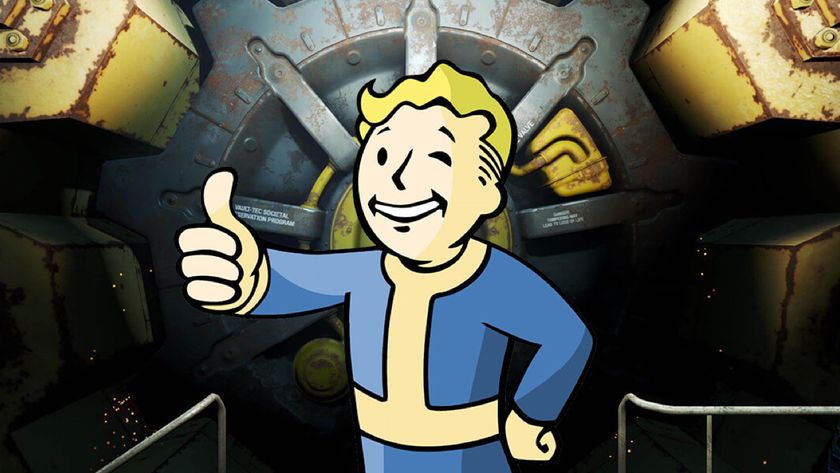
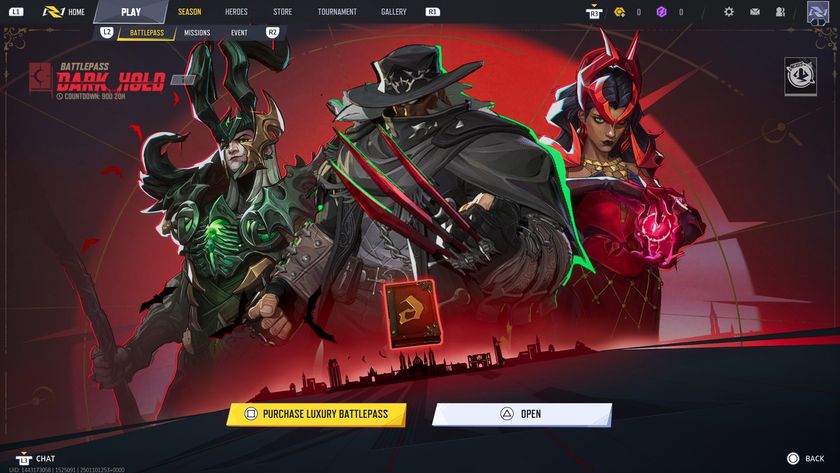
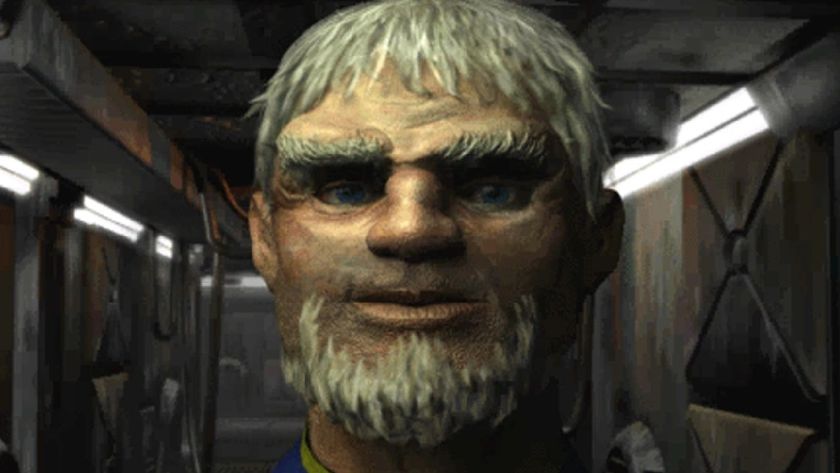
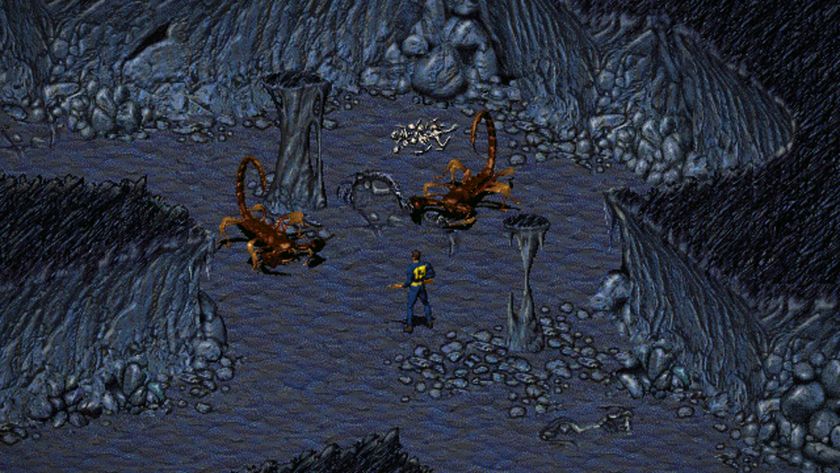
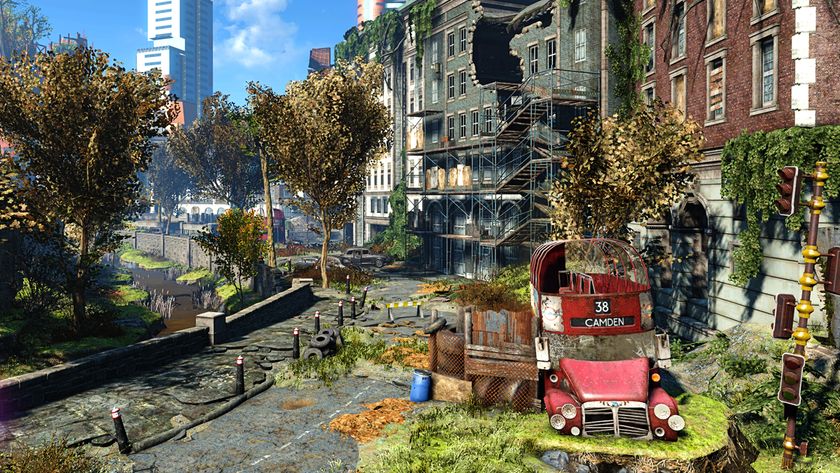
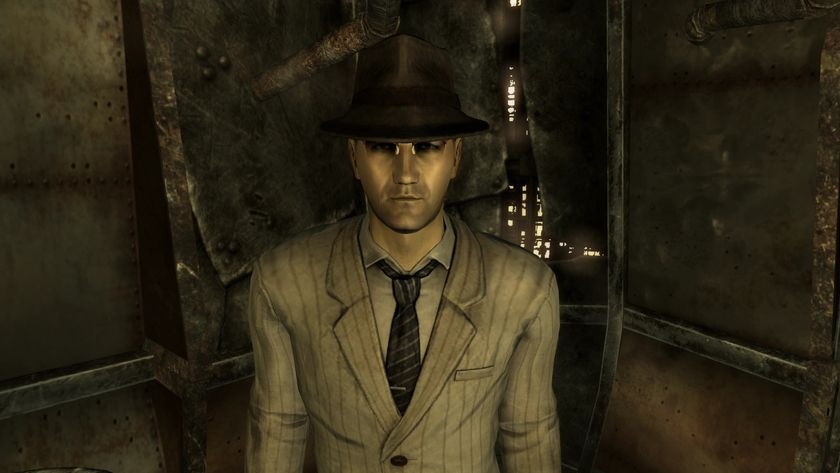
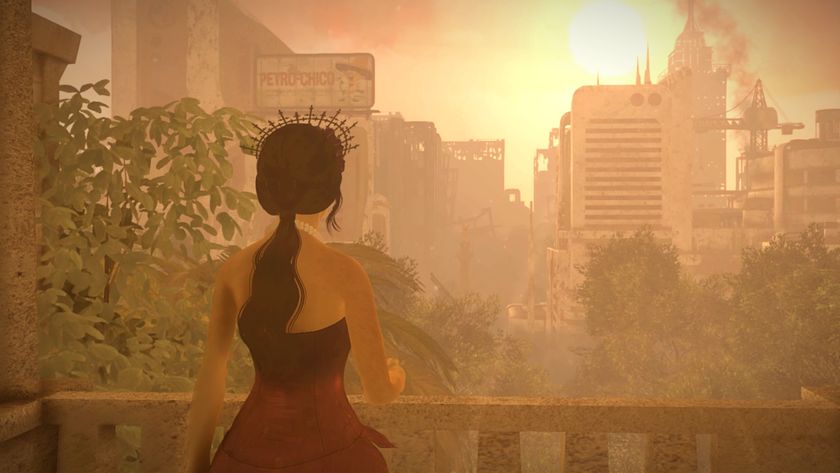
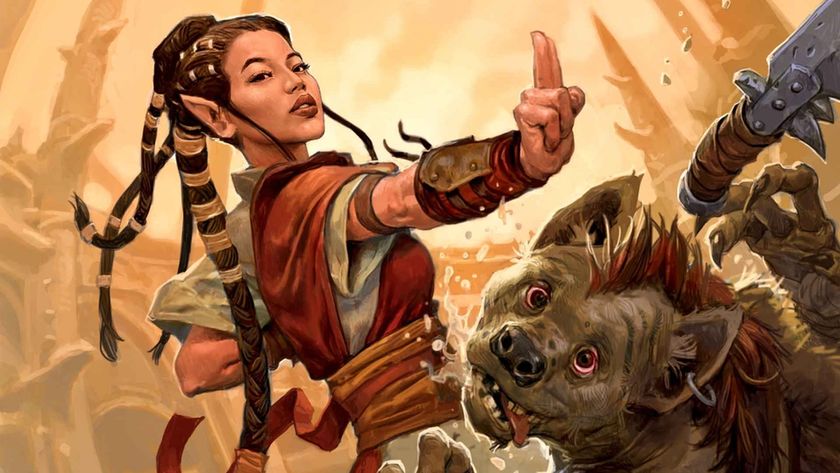

Original Fallout creator says he "pushed" for a happy ending with "cake and balloons" instead of the RPG's downbeat finale

Disco Elysium lead says original Fallout is an RPG "that's almost Biblical in its annihilation," making "other post-apocalyptic worldbuilding seem like an amusement park"
